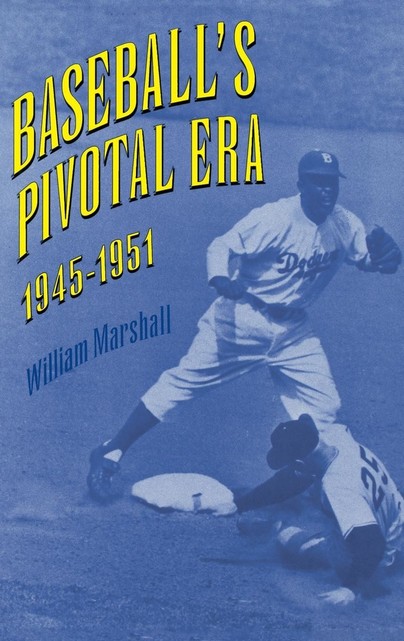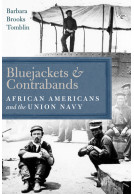Google Books previews are unavailable because you have chosen to turn off third party cookies for enhanced content. Visit our cookies page to review your cookie settings.
Baseball's Pivotal Era, 1945-1951 (Hardback)
Imprint: University Press of Kentucky
Pages: 528
Illustrations: illus
ISBN: 9780813120416
Published: 25th February 1999
Script Academic & Professional
Pages: 528
Illustrations: illus
ISBN: 9780813120416
Published: 25th February 1999
Script Academic & Professional
This book will be reprinted and your order will be released in due course.
You'll be £32.00 closer to your next £10.00 credit when you purchase Baseball's Pivotal Era, 1945-1951. What's this?
+£4.99 UK Delivery or free UK delivery if order is over £40
(click here for international delivery rates)
Need a currency converter? Check XE.com for live rates
(click here for international delivery rates)
Need a currency converter? Check XE.com for live rates
With personal interviews of players and owners and with over two decades of research in newspapers and archives, Bill Marshall tells of the players, the pennant races, and the officials who shaped one of the most memorable eras in sports and American history.
At the end of World War II, soldiers returning from overseas hungered to resume their love affair with baseball. Spectators still identified with players, whose salaries and off-season employment as postmen, plumbers, farmers, and insurance salesmen resembled their own. It was a time when kids played baseball on sandlots and in pastures, fans followed the game on the radio, and tickets were affordable. The outstanding play of Joe DiMaggio, Stan Musial, Ted Williams, Bob Feller, Don Newcombe, Warren Spahn, and many others dominated the field. But perhaps no performance was more important than that of Jackie Robinson, whose entrance into the game broke the color barrier, won him the respect of millions of Americans, and helped set the stage for the civil rights movement.
Baseball's Pivotal Era, 1945-1951 also records the attempt to organize the Pittsburgh Pirates and the Mexican League's success in luring players south of the border that led to a series of lawsuits that almost undermined baseball's reserve clause and antitrust exemption. The result was spring training pay, uniform contracts, minimum salary levels, player representation, and a pension plan--the very issues that would divide players and owners almost fifty years later.
During these years, the game was led by A.B. "Happy" Chandler, a hand-shaking, speech-making, singing Kentucky politician. Most owners thought he would be easily manipulated, unlike baseball's first commissioner, the autocratic Judge Kennesaw Mountain Landis. Instead, Chandler's style led one owner to complain that he was the "player's commissioner, the fan's commissioner, the press and radio commissioner, everybody's commissioner but the men who pay him."
Other titles in University Press of Kentucky...















